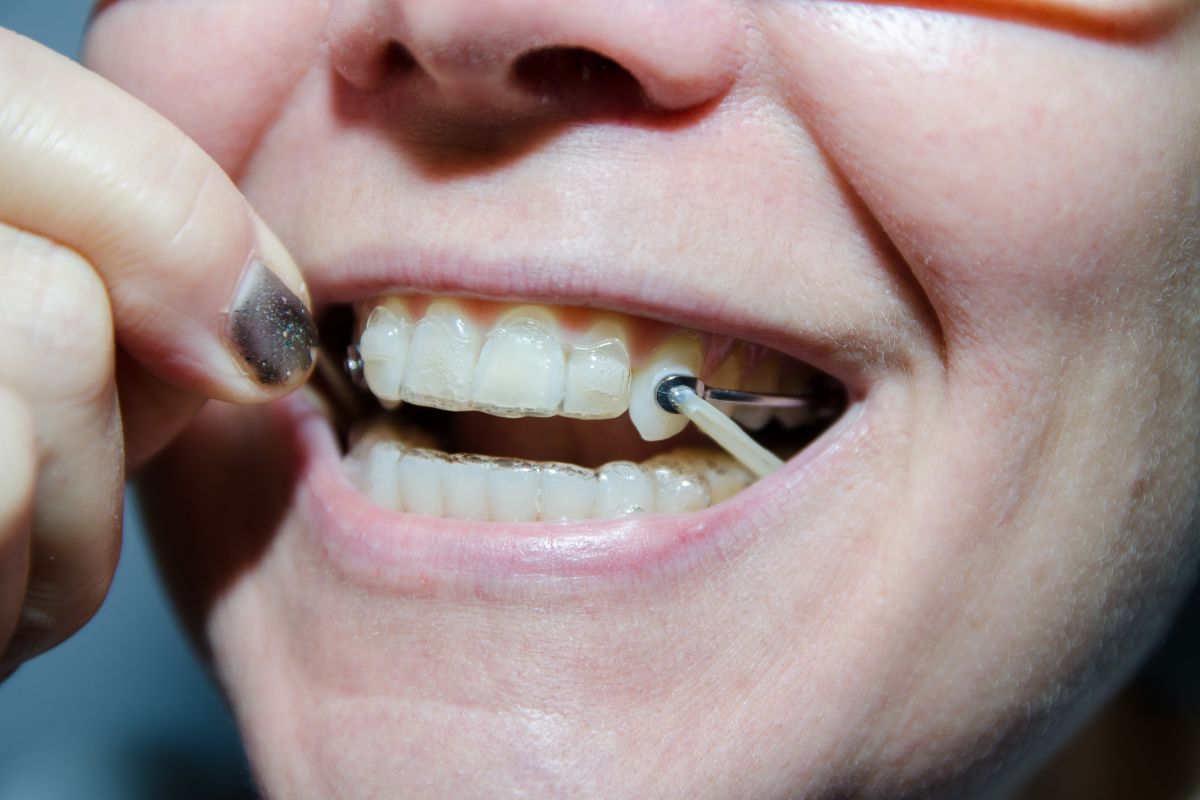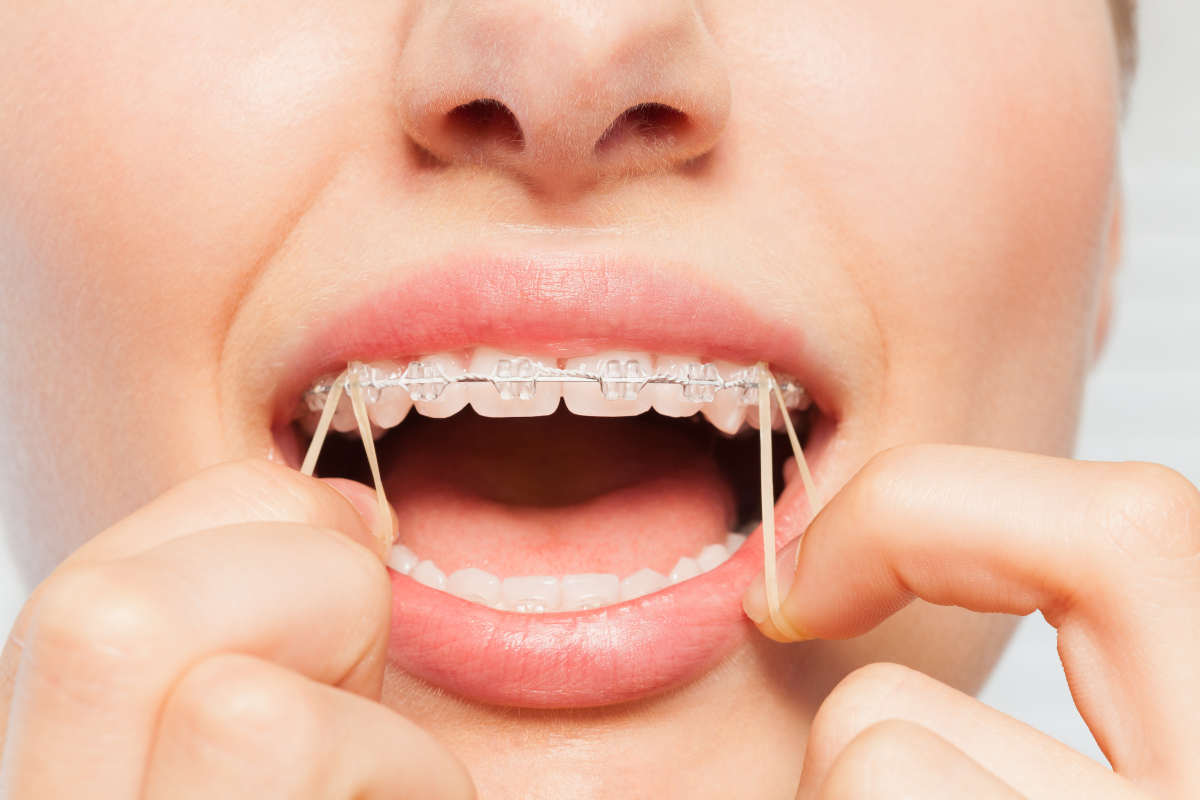

Maintaining good oral health is essential for overall well-being. Neglecting oral hygiene can lead to various dental problems, such as tooth decay, gum disease, and bad breath. Fortunately, you can follow several simple yet effective tips to improve oral health. This article will discuss these tips in detail and provide valuable insights for a healthier smile.
The Importance of Oral Health
Oral health is not just about having a bright smile; it is crucial for overall health and well-being. Poor oral hygiene can lead to various problems, including tooth decay, gum disease, and systemic health issues. You can significantly improve your oral health by following the right practices and adopting healthy habits.
Brushing Techniques and Frequency
Brushing your teeth properly and regularly is the foundation of good oral hygiene. Use a soft-bristled toothbrush and fluoride toothpaste. Brush at least twice daily, using gentle circular motions and paying attention to all areas of your mouth, including your teeth, gums, and tongue. Remember to replace your toothbrush every three to four months.
Flossing for a Healthy Mouth
In addition to brushing, flossing is essential for maintaining oral health. It helps remove food particles and plaque from areas a toothbrush can’t reach. Make it a habit to floss at least once daily, preferably before bedtime. Use a gentle sawing motion and curve the floss around each tooth to ensure thorough cleaning.
The Role of a Balanced Diet
A balanced diet plays a significant role in oral health. Include foods rich in calcium, vitamins, and minerals to promote strong teeth and gums. Consume many fruits, vegetables, whole grains, lean proteins, and dairy products. Limit your sugary and processed foods intake, as they can contribute to tooth decay.
Limiting Sugary and Acidic Foods
Frequent consumption of sugary and acidic foods and beverages can erode tooth enamel and lead to cavities. Limit your intake of sugary snacks, carbonated drinks, and citrus fruits. If you indulge in such foods or drinks, rinse your mouth with water afterward and wait at least 30 minutes before brushing your teeth.
Regular Dental Check-ups
Regular visits to the dentist are crucial for maintaining optimal oral health. Schedule check-ups every six months or as recommended by your dentist. Dental professionals can detect early signs of dental problems, provide professional cleaning, and offer personalized advice for your oral care routine.
Understanding the Importance of Fluoride
Fluoride is a mineral that strengthens tooth enamel and helps prevent tooth decay. Ensure that your toothpaste and mouthwash contain fluoride. Additionally, consider fluoride treatments or varnishes recommended by your dentist for added protection.
Avoiding Tobacco and Limiting Alcohol
Tobacco use harms oral health, leading to stained teeth, gum disease, and oral cancer. Avoid smoking or chewing tobacco products. Excessive alcohol consumption can also have adverse effects on oral health. Drink alcohol in moderation or consider eliminating it for better overall health.
Preventing Teeth Grinding
Teeth grinding, also known as bruxism, can cause tooth damage, jaw pain, and headaches. If you grind your teeth, especially during sleep, consult your dentist. They may recommend wearing a nightguard to protect your teeth and alleviate the symptoms.
Protecting Your Teeth During Sports
Engaging in sports activities increases the risk of dental injuries. Always wear a mouthguard while participating in contact sports or any activity with a potential impact on your mouth. A mouthguard provides cushioning and protects your teeth, lips, and tongue from injury.
Maintaining Proper Hydration
Drinking adequate water is essential for overall health, including oral health. Water helps rinse away food particles, stimulates saliva production, and maintains moisture in the mouth. Stay hydrated throughout the day to promote a healthy environment in your mouth.
Using Mouthwash as an Additional Step
Using mouthwash as part of your oral care routine can provide additional benefits. Look for mouthwashes that contain fluoride and antimicrobial ingredients to help fight bacteria and freshen your breath. However, remember that mouthwash should not replace brushing and flossing.
Managing Stress for Better Oral Health
Stress can affect oral health, contributing to teeth grinding, gum disease, and canker sores. Practice stress management techniques such as exercise, meditation, and relaxation exercises to reduce the impact of stress on your oral health.
The Link Between Oral Health and Overall Health
There is a strong connection between oral health and overall health. Poor oral hygiene has been linked to various systemic conditions, including heart disease, diabetes, and respiratory infections. You are taking steps towards better overall well-being by prioritizing your oral health.
Keep Your Mouth Healthy
Improving oral health is an ongoing process that requires consistent effort and good habits. Following the tips outlined in this article, you can maintain healthy teeth and gums, prevent dental problems, and contribute to your overall well-being. Remember, a healthy smile is a reflection of a healthy body.
Start Your Smile Transformation Journey with Orthodontic Studio
“A positive self-image and self-confidence can result from proper orthodontic care.”
This belief has been our foundation for over 17 years of creating beautiful, straight, and confident smiles!
With thousands of finished cases under our belt, we are confident in our ability to provide you and your family with excellent treatment delivered with expertise and care.
Plan your smile with one of the best Orthodontists in Toronto, Ontario. Schedule a virtual care or in-office appointment with us! Let’s work together to create the best smile for you and your family.
FAQs (Frequently Asked Questions)
How often should I brush my teeth?
Brushing your teeth at least twice daily, preferably after meals, is recommended.
Is flossing necessary?
Flossing is essential for removing plaque and food particles from areas a toothbrush can’t reach.
Can poor oral health affect my overall health?
Poor oral health has been linked to various systemic conditions, such as heart disease and diabetes.
How often should I visit the dentist?
Regular dental check-ups every six months are recommended for maintaining optimal oral health.
What can I do to prevent teeth grinding?
If you grind your teeth, consult your dentist, who may recommend wearing a nightguard to protect your teeth.
Recent Posts
-
Inside the World of Orthodontists: Education, Precision, and Transformative Treatments
The Evolution of Orthodontics: A Brief Historical Overview Orthodontics, an integral branch…
-
How Orthodontists Plan a Treatment for a Beautiful Smile
Understanding the Patient's Unique Needs A positive self-image and confidence can result…
-
Unleash Your New Smile! Here's What You Need to Know Before Braces Removal
Are you excited to see your smile transformation? Taking your braces off…
-
Traits That a Good Orthodontist Should Have
Choosing an orthodontist is half your smile transformation journey. That’s why in…
-
How Braces Can Help Fix an Asymmetrical Jawline
An asymmetrical jawline can cause concern for many individuals, affecting their appearance…
-
Can Cavities Be Reversed?
Cavities are among the most common dental issues people of all ages…
-
What to Prepare During Your First Braces Appointment
Are you about to embark on your journey to a beautiful smile…
-
Taking Care of Baby Teeth: A Comprehensive Guide for Parents
Caring for our children's health is one of our most crucial responsibilities…
-
What are Brace Elastics?
If you or someone you know is undergoing orthodontic treatment with braces,…
-
Difference Between an Overjet and Overbite: A Comprehensive Guide
Two orthodontic terms that often confuse our patients are "overjet" and "overbite."…







 Instagram
Instagram
